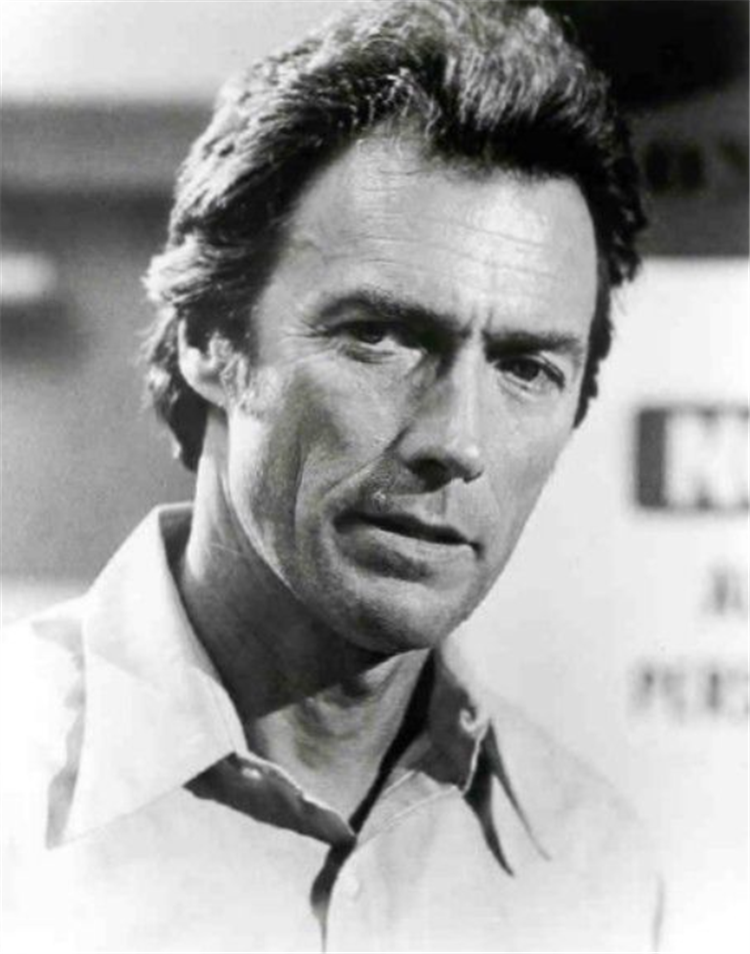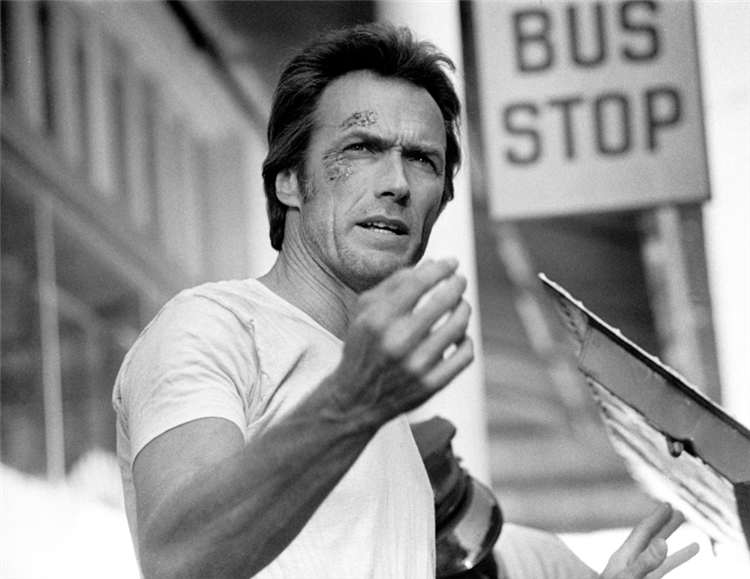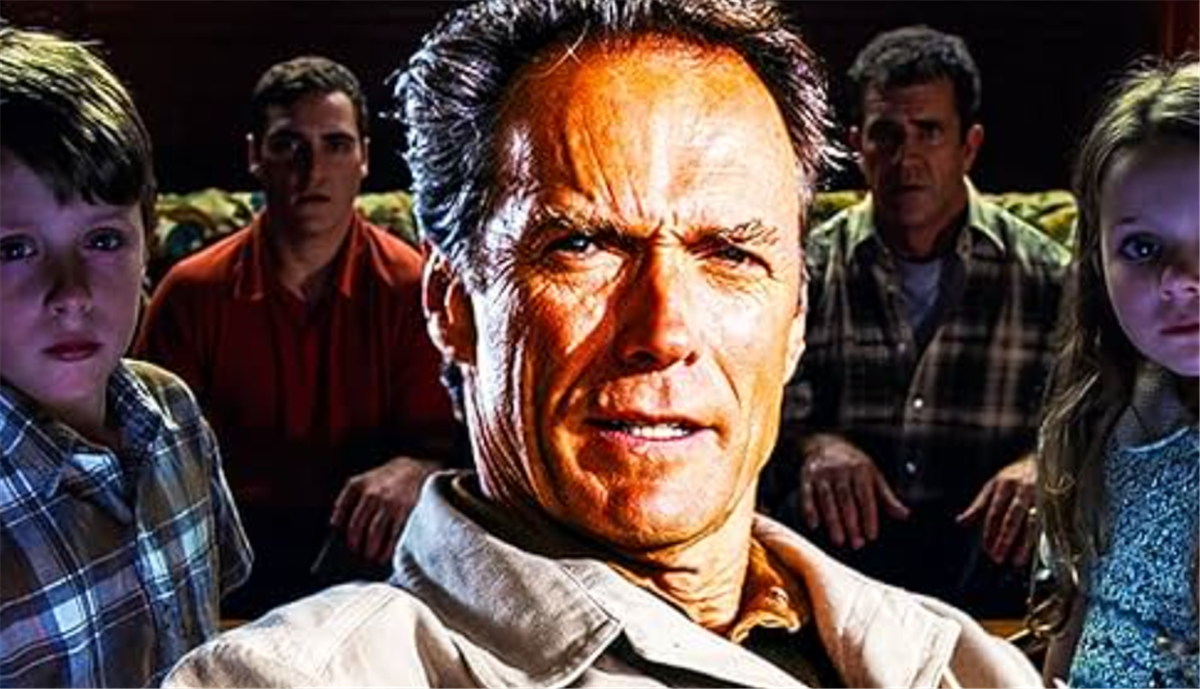As one of the most prominent filmmakers in American cinema, the artistic choices in the movies of Clint Eastwood always carry a lot of weight. While he has received widespread acclaim for his efforts as an actor as well as a director, some of his projects have also received criticism from audiences and notable figures in the industry. These have complicated his legacy as an artist for many fans, who were first introduced to his talent through the masterpieces of Sergio Leone.
One particular movie that generated controversy is Letters From Iwo Jima, often cited alongside his companion piece, Flags of Our Fathers. These two movies explore the horrific events of the Battle of Iwo Jima, exploring the same conflict through the perspective of the American soldiers as well as the Japanese military. One notable omission in Eastwood’s depiction of war was the contribution of Black soldiers, which drew criticism from Black veterans who had served there.

During a conversation with NPR, veteran Thomas McPhatter said: “When I learned that Mr Eastwood was going to write a movie screen on The Flags of Our Fathers because I had read the book, I wrote Clint Eastwood an email asking him not to commit the offence so many others had. There are five major movies already about Iwo Jima, and none of them reflected the Black participation in a favourable way on any part of Iwo Jima. And I felt it was un-American and a discredit to Black people, and really a thing which you should not be repeating.”
McPhatter was definitely not the only one who was disheartened by the lack of acknowledgement of the Black soldiers who had played a crucial role in the war. Renowned filmmaker Spike Lee also openly attacked Eastwood for his inaccurate portrayal, insisting that the Unforgiven director was perfectly aware of what he was doing and his intent was malicious. In response, Eastwood claimed that he was trying to be historically accurate and admonished Lee: “I mean, it’s not accurate. A guy like him should shut his face.”

Undeterred by Eastwood’s comments, Spike Lee told ABC News: “First of all, the man is not my father, and we’re not on a plantation either. He’s a great director. He makes his films, I make my films … A comment like ‘A guy like that should shut his face’ – come on Clint, come on…. If he wishes, I could assemble African-American men who fought at Iwo Jima and I’d like him to tell these guys that what they did was insignificant and they did not exist.”
While the feud between Lee and Eastwood became yet another media event, both Letters From Iwo Jima and Flags of Our Fathers earned critical and commercial success. However, the reception from Black World War II veterans who were disappointed by Eastwood’s vision raised important questions about the lenses through which we view the complex history of the 20th century’s most painful chapter.
